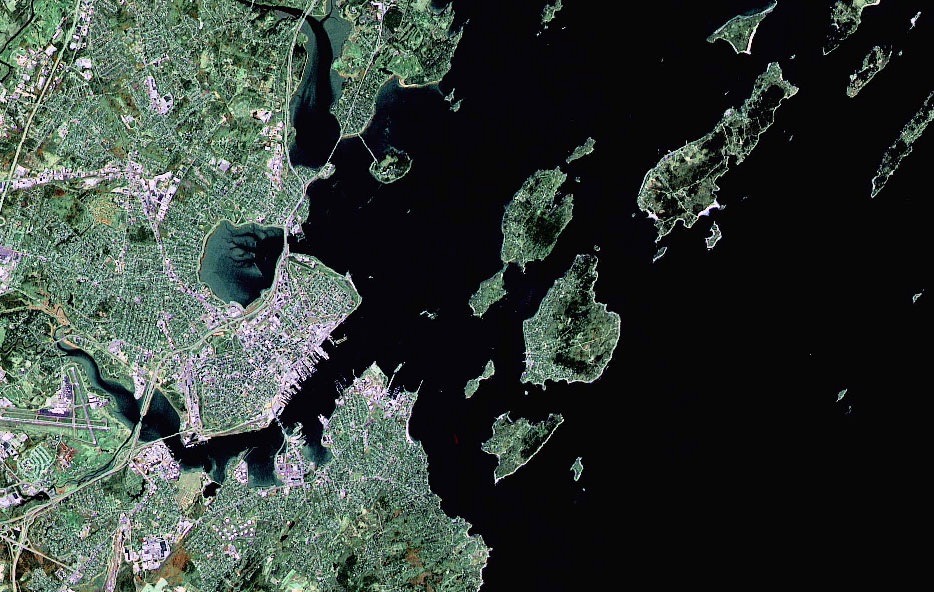You meet Lucien, you meet Maine.
You meet the Mayor, you meet Maine.
You meet Reverend Virginia Marie, you meet Maine.
You meet Oliver, you meet Maine.
You meet Heather, you meet Maine.
You meet Billy, you meet Maine.
A community arts performance project created and directed by Marty Pottenger & commissioned by the Center for Cultural Exchange.
September 11th, 2001. The impact is felt in intimate conversations, increased surveillance, travel restrictions, soaring deficit, and sweeping legislative changes. As time passes, the reverberations amplify. In Portland, Maine, recent refugees see their homelands and religions negatively portrayed by the media, hidden in their homes in fear of their neighbor’s intolerance, and feared most those with a badge and uniform. What can be done?
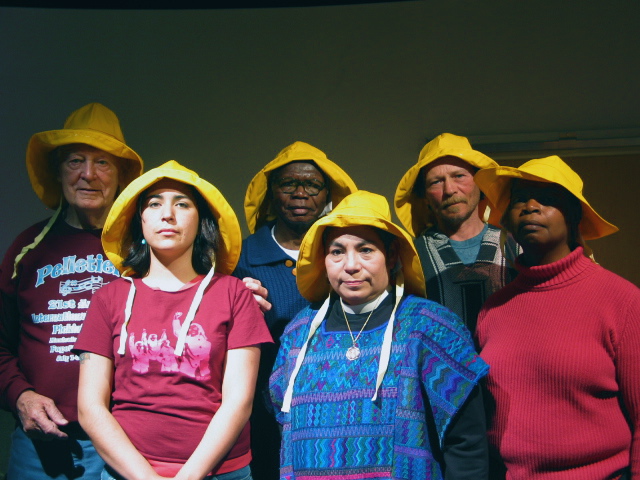
In times of fear and danger, the possibility and promise that comes with difference and diversity can be turned instead into a border that separates and divides us. Isolation is perceived as security, rather than connection. And yet on a freezing winter day in Portland, when the immigrant and refugee communities were targeted in a surprise sweep by the Border Patrol, the city came together and organized a demonstration, a rally, demanding that the Governor sign an Executive Order offering what protection he could to the most vulnerable among us.
“This is my home. This kind of thing does not happen here,” said the soon-to-be-Mayor Duson.
And yet, it did. Over two hundred people were approached and told they had to produce identification. Ten people were taken into custody – off of buses, out of grocery stores, and factory floors – and deported. The reverberations did not die down. In the weeks after the raid, parents stopped sending their children to Portland schools. Pregnant women stopped seeking prenatal care at the Maine Medical Clinic. Families refused to leave their homes to pick up weekly food supply boxes at Preble Street Resource Center. And everywhere, enforcement agencies saw a complete breakdown of the fragile trust they had worked years to build.
You can read an excerpt from the script here and watch performance highlights here.
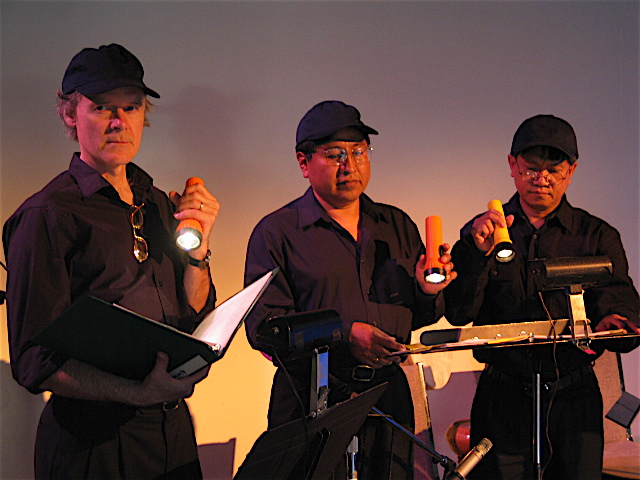
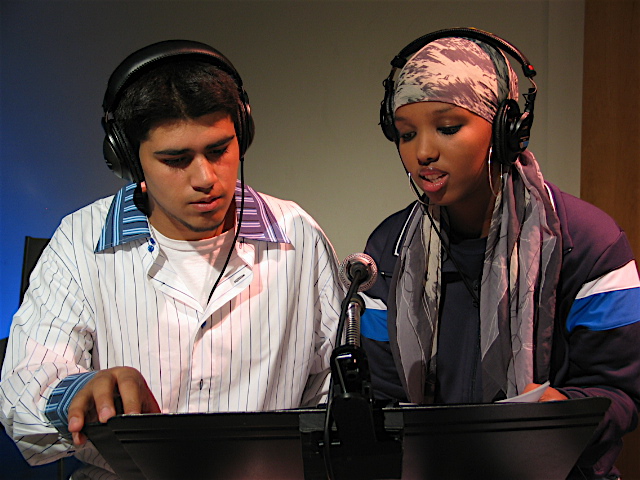
You can read reviews of the performance from:
An unintended consequence of the raid was to awaken the Portland community to the importance of building coalitions. home land security has become a part of that effort, starting with the over 30 two-hour interviews, intentionally structured to give many of the community leaders the opportunity to reflect and assess where they’ve been and where they might like to be going. A project like home land security is able to make the transformative power of storytelling into a concrete tool that changes relationships, perspectives and policies. I have been able to foster connections between two of the most radical politically-left and politically-right individuals in the area. It is complicated, challenging work, but profoundly rewarding.The usefulness of being an ‘outside voice’ has been clear. Once I have established credibility and integrity, my status as a non-Mainer has allowed me to cross and recross many of the divisions that exist in any close-knit community. Significant long-standing disputes have been brought to my attention in an effort to apply fresh thinking to very old stalemates.
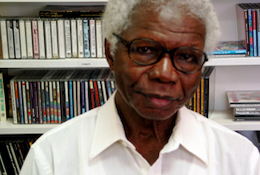
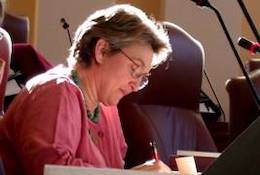
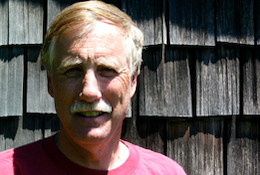


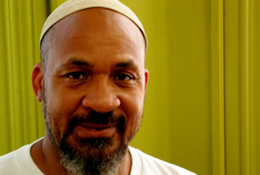
As the project was integrated into the life of the community, NAACP asked to include performance excerpts in their month-long celebration of democracy and dissent. The public library came to all the performances to give out library cards to anyone who didn’t’t have one, as well as bring a radically diverse selection of books to lend right on the spot. One church asked if they could organize their parishioners into a group to receive a discount. The Council of Indigenous Native Americans wrote two articles in their newsletter and school paper to let people know about the project. Clearly, from all the good work being documented around the world, community performances and civic dialogues can, when joined with strong community partners, play a decisive role in re-energizing collaborative engagement. At this point, due to both the relationships that CCE and Pottenger have built and the long term commitment that has been made, home land security was uniquely positioned to explore and deepen the possible relationship between art and policy-making.
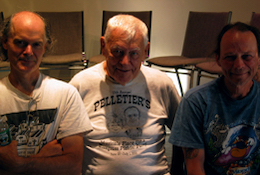
and Billy Woolverton
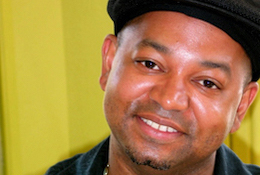
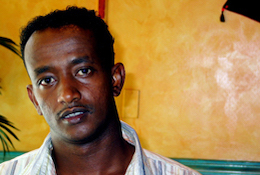
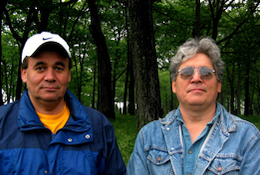
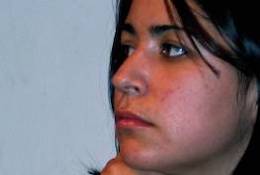
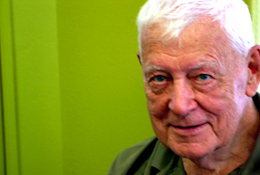
Many of the issues – not only Maine, but in almost every state in the union – directly reference the very ideas upon which the country was founded: Freedom of Speech, Freedom of Assembly, Freedom of the Press. The freedom of library users’ identities to be held in confidence. Several articles linked at the top of this web page, offer a more specific look at the legislative challenges that Maine is having to consider. The goals of home land security include a performance in the state capital during a session of the State Legislature, the convening of civic dialogues across the state for people to discuss some of the dramatic changes that the Patriot Act and the Department of Homeland Security has brought to Maine. The stakes were high. Portland has a vibrant and growing population of refugees and immigrants from Somalia, the Sudan, Afghanistan, Russia, Cambodia, Vietnam, Rwanda and Bosnia. Portland harbor imports more oil than any other port in the U.S. The attacks and the need for vigilance is very real. And yet, as Fire Chief LaMontagne said: “If I do my job right, people will feel like Portland is a home they can feel safe in, a place where they can do whatever they choose to with their lives. What that looks like is a decision we need all of our minds in on.”


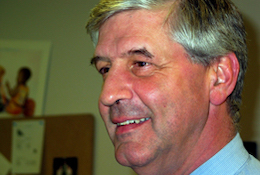
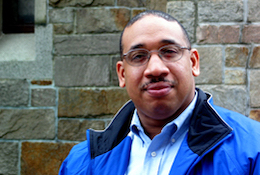
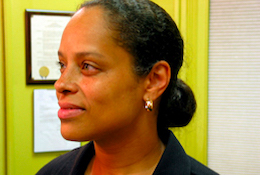
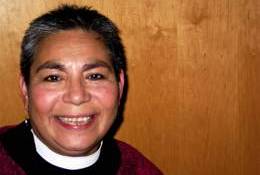
Our goal was to collaboratively create an artistic response to a continuing crisis and to address with intelligence, nuance and humanity, concerns that are shared in the national arena. These are not new questions, but our responses will determine the direction of the United States for generations to come. It only makes sense that art – with it’s transformative power and imaginative reach – would be a part of keeping community leaders and ordinary citizens central.
